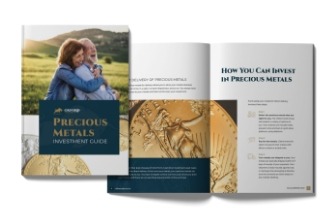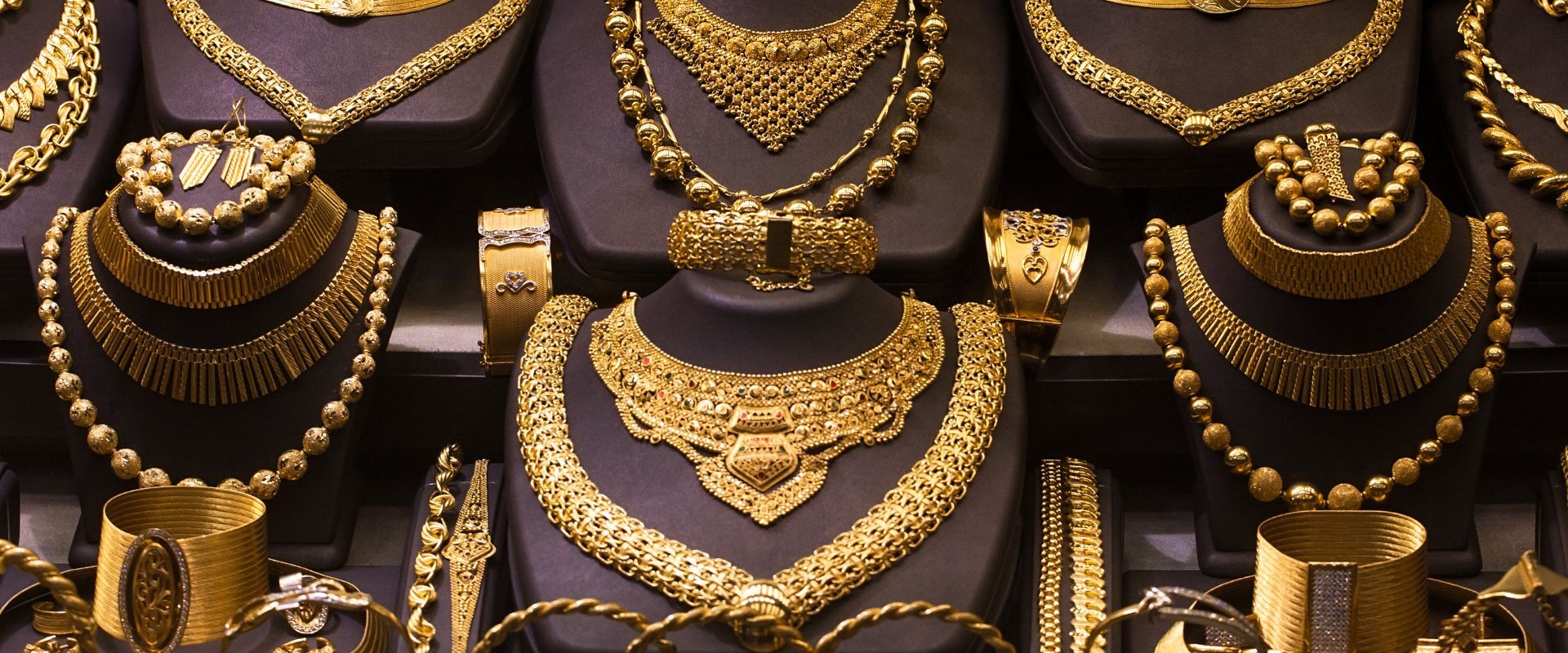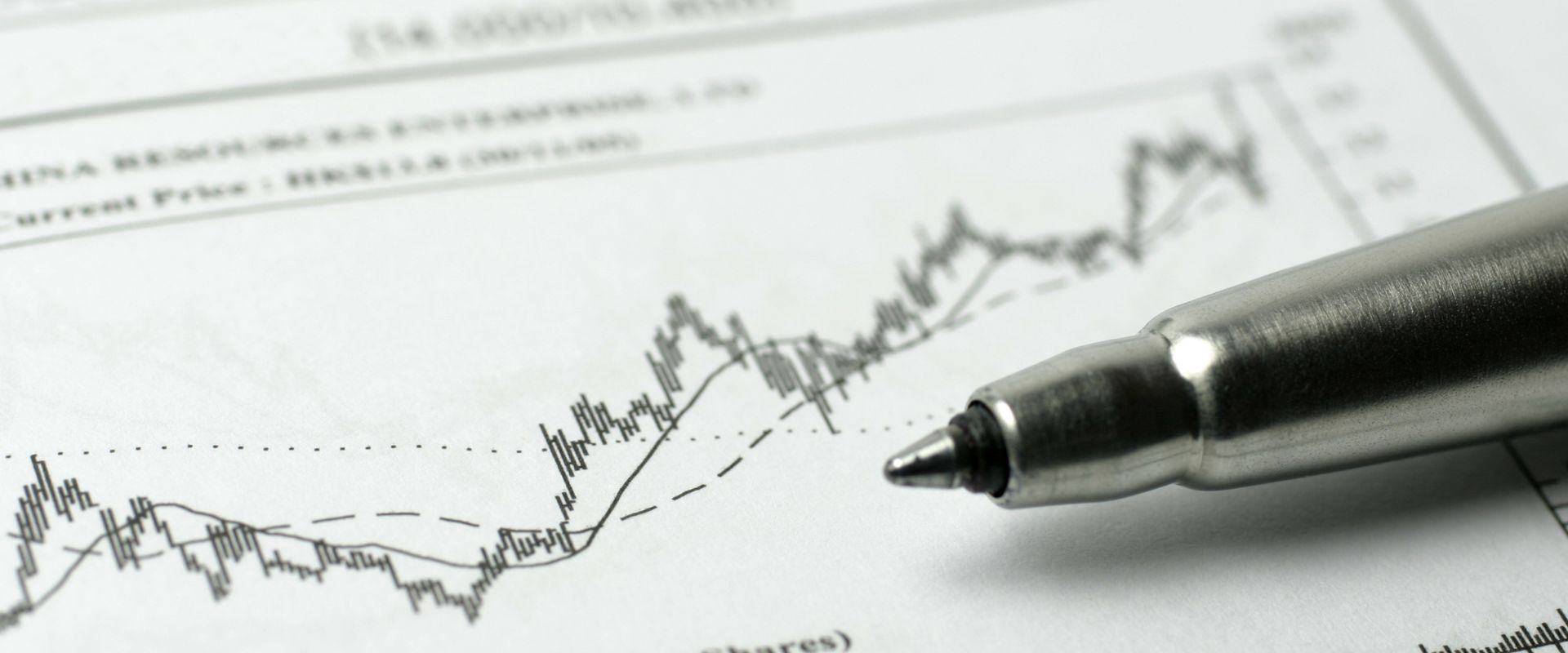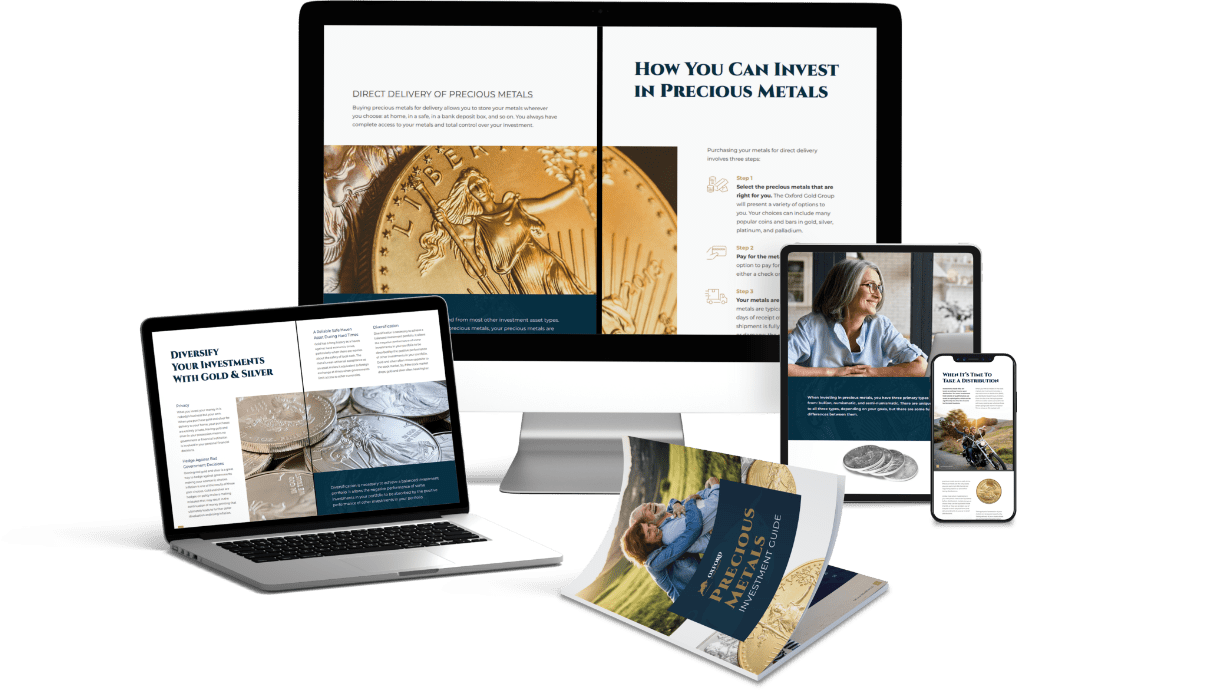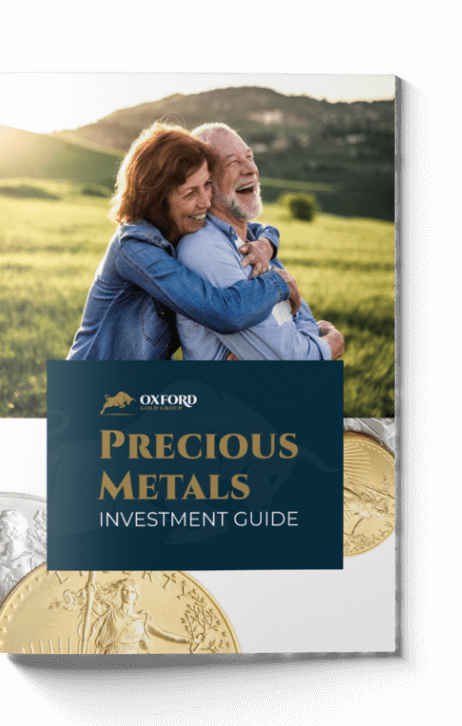If you have a grandfather or an elderly friend born in the 1920s, you will have heard about a time when money was worth its weight in gold. Before citizens across Europe and America began placing their trust in faceless governments and monolithic corporations, the measure of money was much more objective.
Back then, your dollars’ worth was not decided by a few Harvard-educated economists in a government building, but by a cold, unfeeling mineral that looks with indifference to the affairs of men and beast: Gold. The gold standard is a currency system where paper money and coinage is only as good as a country’s gold-producing capacity.
The Gold Standard: What Is Gold-Backed Currency?
If America operates under the gold standard, you can measure what a dollar is worth by how much people and other countries are willing to pay for American gold. People still use the term Gold Standard in conversations today as many Bitcoin, Ethereum, and various cryptocurrency enthusiasts are working day and night to return to a gold-backed economy.
During the First World War, America, Great Britain, and Europe were still using gold-backed currencies to trade food, arms, and services. In the early 1930s, Britain began to stop their utilization of the system, and eventually, America put it out of commission in 1933. Even though you won’t find regular people on the street with a working knowledge of the Gold Standard, some economists still think it might be the only genuine way to measure money’s worth.
What Happens When a Country Abandons the Gold Standard?
When a country stops using the Gold Standard, it adopts a fiat system, which gives its currency a more volatile worth that can rise and fall with the global supply and demand. For example, the dollar as it stands today is America’s fiat currency, which saw a sharp drop in value after the housing crisis of 2008. In Venezuela, the fiat currency is the bolivar, which is equivalent to about $0.0000874546.
You would need nearly 2 million Venezuelan bolivars to get the worth of $1, but that’s not to say that all fiat currencies are bad. The Kuwaiti dinar is over thrice the value of the US dollar and nearly twice the euro’s value. However, it’s worth noting that Kuwait has large deposits of petroleum and oil, which it uses as leverage to improve its standing in the global market.
Today, you won’t find a government in the world that still uses the gold standard, but there are still many gold-backed currencies you can enjoy.
Three Types of Gold-Backed Currencies and How They Work
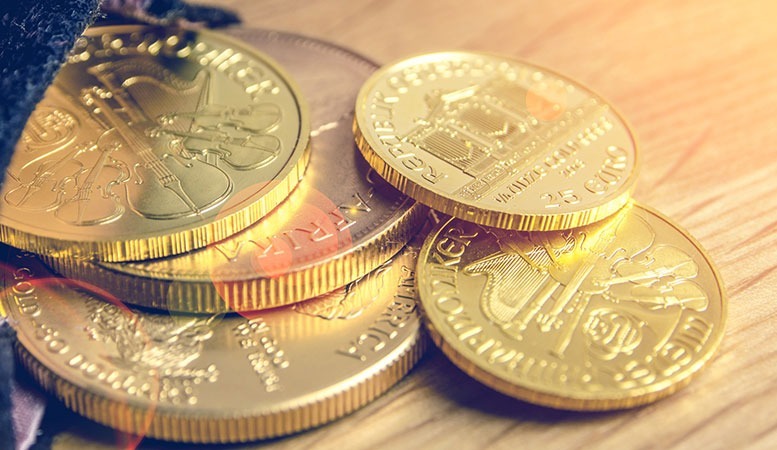
Nearly every country in the world has a precious metals business. As long as there is some earth beneath people’s feet and they have the tools to mine, gold, silver, platinum, and palladium are always attractive prizes that they can use to make jewelry and advanced industrial materials. There are currently three gold-backed currencies that still operate worldwide:
- Bullion exchanges
- Currency exchanges
- Circulating gold
These three currencies can sound like intricate jargon to the budding investor, but they’re all easy to understand.
What Is a Circulating Standard?
Circulating gold or a circulating standard is the government’s or private individual’s use of gold, silver, and other precious metals in the coins of a country that uses fiat currency. Pure gold, silver, copper, and bronze were history’s most ancient coins and tokens, and they’re still in use today by modern economies.
What Are Bullion Exchanges?
Bullion exchanges mean that a government will buy bullion from producers in exchange for fiat currency. A bullion exchange might mean that the price of gold in a country depends on government regulators and not a free market. It might also mean that most local producers rely on the government to maintain their livelihoods.
For example, in the Philippines, it is illegal to buy and sell gold unless you’re an authorized dealer from the central bank. Filipinos need to look for gold items in pawnshops and jewelry stores that they can melt into coins and bars to keep for a rainy day, but even then, it’s a pointless exercise. Filipinos can’t sell gold, and no one would appraise their product unless they surrender it to the Bangko Sentral ng Pilipinas.
What Is a Currency Exchange?
Currency exchange means that you can exchange a gold-backed currency with another gold-backed currency. Most gold-backed currency exchanges occur online in virtual marketplaces like the Perth Mint Gold Token, DGX, and GLC, where people trade them as cryptocurrency. Independent crypto-miners have a general distrust of their government and believe that the world’s currencies will all be virtual in the future.
Why Bother Learning About Gold-Backed Currency?
A gold-backed currency is generally more reliable than fiat money. Whether you’re participating in a bullion or currency exchange, the amount of money you’ll fork out and collect will rely on your country’s gold reserves or its gold-producing capacity. People regard gold as precious the world over because of its scarcity and broad uses, and many countries’ currencies pale in comparison.
The USA and some of the most powerful nations in the world continue to have gold reserves. When the Gold Standard was in use, citizens had a concrete reason to believe in their nation’s currency. However, as economies increasingly grew complex and more reliant on wars, technology, and other income sources to back their currency, money today has become nothing but a promise.
There are a million unknowable factors that can cause markets to crash, which is why you should never trust ads that promise a quick return for a small investment in the stock market. Nobody can know the future state of a company, government, or economy, so safe-haven investment vehicles like gold and other precious metals continue to increase in popularity even in the age of ESGs.
Gold-backed currencies are still more reliable than their fiat counterparts, which is why people should learn about them and their role in the world’s complex markets.
Gold-Backed Currency: From the 1800s To Present Day

The Victorian Era was a tumultuous time for the western world. In America, a civil war raged that threatened to tear the entire country apart, and the Europeans were growing weary of the anti-slavery sentiments from their citizenry. However, in 1861, England began to implement one of the best economic reforms in the past two centuries: Adopting a gold-backed currency.
Gold-backed English banknotes were easy to exchange and hold. There was no great mystery about its value. English trade began to improve as nations with a deficit saw their gold reserves slowly deplete.
European and American governments would soon learn about prudence, as gold-backed currencies meant that whatever money is worth is totally out of their bureaucracies’ hands. They could no longer make promises they couldn’t keep and buy things with money they didn’t earn. Printing more money for many countries was out of the question unless they could produce more gold that would back its value.
However, by the dawn of the First World War, Britain and America found themselves in terrible economic shape. Their countries needed to produce more than they were capable of, and they needed more supplies for their troops and governing bodies that they had to borrow from other countries. To make up for this massive demand, they put the gold standard to rest and began printing more money of lesser value.
If a country’s economy is in a trade surplus, it can’t give enough of its local gold-backed currency to measure up to demand. So, in 1971, Richard Nixon began to eliminate all remaining traces of the Gold Standard, and many governments around the world soon followed suit. In the early 2000s, investors were still uneasy about promise-backed currencies, so they began to invest in Bitcoin, an independent currency with a more objective value system.
What a Gold-Backed Currency Means for You
As more countries began to abandon the Gold Standard in the late 70s and early 80s, many currencies worldwide saw massive decreases in value. A country’s gold reserves were divorced from the value of its currency. Any country may print out more money anytime, and it will have the ironic effect of devaluing its currency further.
Many investors know that the Gold Standard is never coming back, so they choose instead to invest in gold and other precious metals. People continually see gold as a safe-haven investment that can shield even the riskiest investor from hyperinflation, economic downturns, and local inflation.
Some economists still believe that the world will return to a gold-backed currency one day, even though it may take the form of virtual money. Most money managers recommend that you complete your portfolio with an investment in gold, which will act as a hedge when your other investments fall through.
For More Info About Gold-Backed Currencies, Contact Oxford Gold Group
Our experts at the Oxford Gold Group are skilled at keeping people out of financial trouble by keeping their gold-backed nest eggs safe until their retirements. Investment in a gold, silver, platinum, or palladium IRA today by calling us at 833-600-4653 and safeguard your future today.
